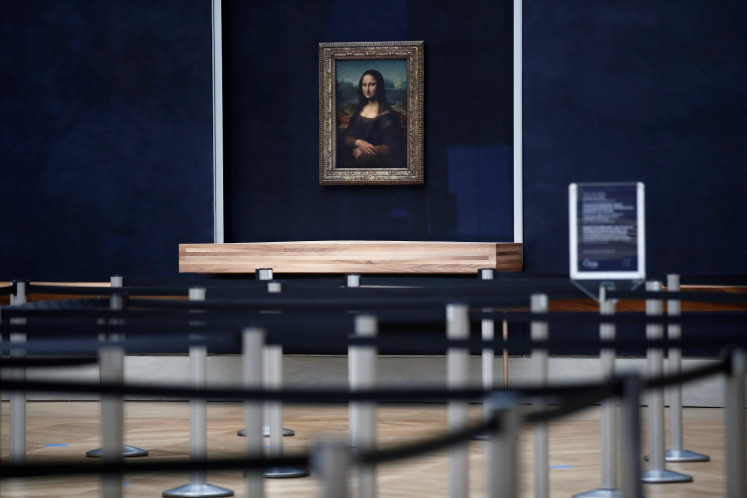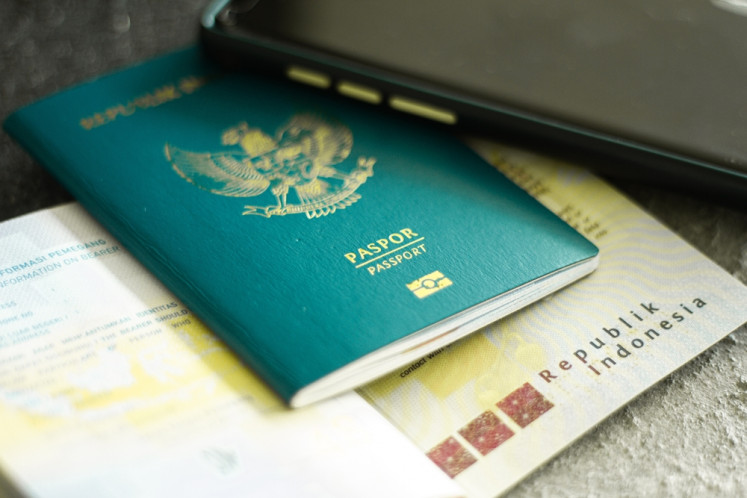Singing is no more of a COVID-19 risk than talking but volume matters: Study
Change Size
 The researchers found that the aerosol mass produced rose steeply with an increase in volume of singing or speaking, by as much as 20 to 30 times. (Shutterstock.com/Andrey Armyagov/File)
The researchers found that the aerosol mass produced rose steeply with an increase in volume of singing or speaking, by as much as 20 to 30 times. (Shutterstock.com/Andrey Armyagov/File)
S
inging is no more risky than speaking when it comes to the possibility of spreading the new coronavirus, British scientists said on Thursday, adding that volume is the most important risk factor.
Last week, the British government changed its guidance to allow professionals and non-professionals to resume singing rehearsals and performance, bringing the required social distancing into line with usual COVID-19 rules and removing the need for extra mitigations.
That decision was informed by a study by scientists based at the University of Bristol, who examined the amount of aerosols and droplets generated by 25 professional singers who did singing, speaking, breathing and coughing exercises.
The researchers found that the aerosol mass produced rose steeply with an increase in volume of singing or speaking, by as much as 20 to 30 times.
However, singing did not produce substantially more aerosol than speaking at a similar volume, and there was not a significant difference in aerosol production between different genres such as choral, musical theater, opera, jazz, gospel rock or pop.
Read also: Australian state bans recorder recitals, school choirs
"The study has shown the transmission of viruses in small aerosol particles generated when someone sings or speaks are equally possible with both activities generating similar numbers of particles," said Jonathan Reid, director of the ESPRC Centre for Doctoral Training in Aerosol Science.
"Our research has provided a rigorous scientific basis for COVID-19 recommendations for arts venues to operate safely for both the performers and audience by ensuring that spaces are appropriately ventilated to reduce the risk of airborne transmission."
The World Health Organisation (WHO) has acknowledged the possibility of aerosol transmission of the coronavirus after outbreaks linked to indoor spaces such as during choir practice, but has called for more evidence on the matter.
The study is a pre-print, meaning it is yet to be peer-reviewed.









